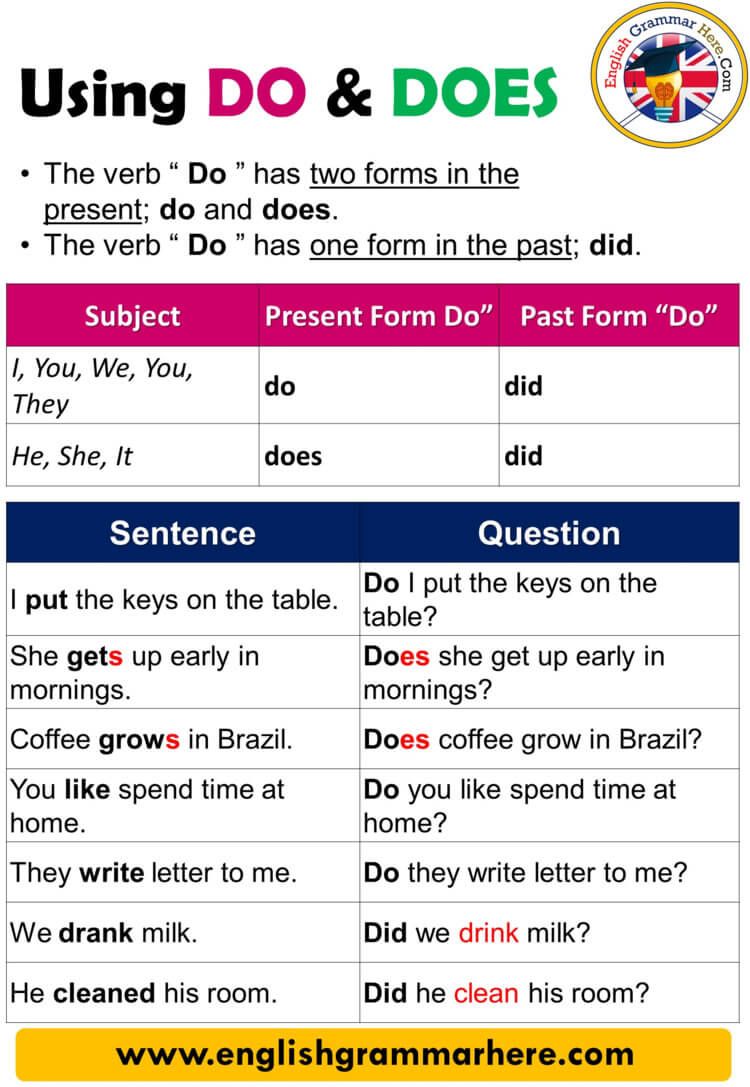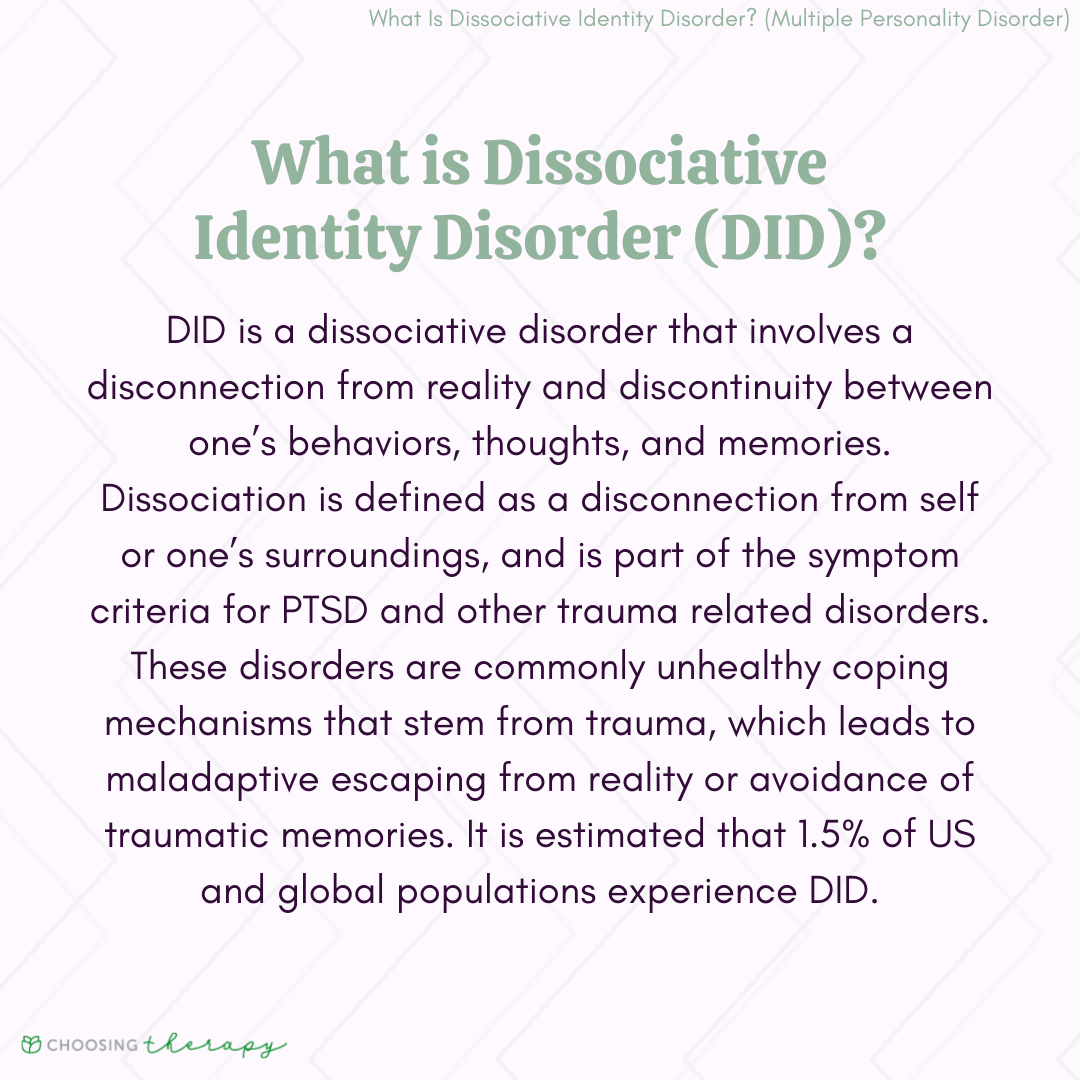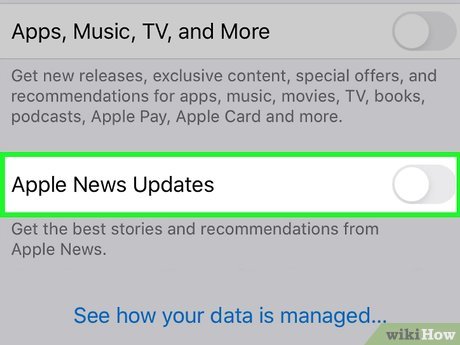Your Step-by-Step Guide to Becoming a Travel Agent-No Experience Needed (Florida & Texas Included)
Introduction: Launching a Travel Career With No Experience
Starting a new career as a travel agent is more accessible than ever-even if you have no prior experience or industry connections. The travel industry welcomes newcomers who are passionate about helping others create memorable trips, offering flexible work-from-home options and proven pathways for both beginners and those seeking to specialize in destinations like Florida or Texas. Whether you want to start your own agency or join a host agency, this guide will walk you through actionable steps, real-world examples, and practical tips to begin your journey.
Understanding the Travel Agent Role
Travel agents help clients research, plan, and book vacations, business trips, cruises, tours, and group travel. Key responsibilities include crafting itineraries, securing reservations, finding deals, and handling travel issues. Succeeding as a travel agent requires organizational skills, attention to detail, sales ability, and a genuine interest in travel [2] . Today, many agents work remotely and can operate independently or with the support of a host agency.
How to Become a Travel Agent With No Experience: A Practical Pathway
Contrary to many professions, there are no strict degree or licensing requirements to enter the travel industry in most U.S. states. Here’s how you can break in, even without a background in travel or sales:

Source: becometravelagent.ca
1. Develop Core Skills and Product Knowledge
Success as a travel agent starts with strong communication, customer service, organization, and sales skills. These can be learned through free online resources, self-study, or customer-facing jobs in other industries. Familiarize yourself with travel trends, destinations, and booking platforms. Consider following travel news, joining travel groups, and enrolling in introductory online courses on tourism [2] .
2. Choose Your Path: Independent vs. Host Agency
While you can start an independent travel agency, most newcomers join a
host agency
to access booking tools, training, and industry credentials:
- Host agencies provide extensive training, supplier contracts, and sometimes client leads. Examples include Boardwalk Travel Agency and Dream Vacations [1] [5] .
- You typically pay a one-time or recurring fee to join. In return, you gain access to their platforms and support.
- Independent agencies require more setup, including registering your business and establishing supplier relationships.
3. Enroll in Training and Certification (Optional but Recommended)
While not always mandatory, completing a training program boosts your confidence and credibility. Many host agencies include training in their membership fees, allowing you to start booking clients right away. Programs may cover customer service, booking systems, travel regulations, and destination knowledge. Certification from organizations like The Travel Institute or American Society of Travel Advisors can help, but is not required to get started [2] .
4. Set Up Your Business Infrastructure
Decide if you’ll operate as a sole proprietor, LLC, or corporation. Register your business name, obtain a tax ID number (EIN), and open a business bank account. If you join a host agency, they may handle many of these logistics. For independent agencies, research your state’s business registration requirements and consider consulting a small business advisor for legal and tax guidance.
5. Build Your Client Base and Market Your Services
Start by offering travel planning to friends, family, and local groups. Use social media to showcase your expertise, share travel tips, and gather testimonials. Consider specializing in a niche, such as cruises or Disney vacations, to stand out. Many new agents land their first clients through word of mouth and targeted online marketing. Host agencies often provide marketing materials and tools to help you grow [1] .
6. Continuous Learning and Professional Development
The travel industry is constantly evolving. Stay current by attending webinars, reading industry publications, and joining professional organizations. Many suppliers offer free product training and destination certifications, enhancing your value to clients and boosting your earning potential.
State-Specific Requirements: Florida and Texas
While the basic process above applies nationwide, Florida and Texas have unique state-level considerations for travel agents.
Becoming a Travel Agent in Florida
Florida is one of the few states that regulates travel agencies through the Florida Department of Agriculture and Consumer Services (FDACS). Here’s what you need to know:
- Seller of Travel Registration: Most Florida-based travel agencies must register as a “Seller of Travel” with the FDACS before offering travel services to residents. This applies whether you operate independently or join a host agency.
- You’ll need to submit an application, pay a registration fee, and may be required to post a surety bond, especially if selling vacation certificates.
- If you join a host agency, verify whether they handle state registration on your behalf or if you must register individually. It’s best to contact the Florida Department of Agriculture and Consumer Services directly or visit their official website for up-to-date requirements.
- There is no formal licensing exam, but compliance with state law is mandatory. Penalties apply for unregistered sellers.
Tip:
Search for “Florida Seller of Travel registration” on the official Florida Department of Agriculture and Consumer Services website for precise forms and fee details. Host agencies such as Dream Vacations and Boardwalk Travel typically offer guidance for Florida agents
[5]
.

Source: travelaerial.com
Becoming a Travel Agent in Texas
Texas does not require a specific license or registration to operate as a travel agent. However, general business registration and tax requirements apply:
- No state-mandated travel agent license: You can launch your travel business without a travel-specific permit.
- You must register your business entity with the Texas Secretary of State if operating as an LLC or corporation, or file a DBA (“doing business as”) if operating under a business name.
- Standard tax registration applies for business income. Consult the Texas Comptroller of Public Accounts for tax guidance.
- If you join a host agency, check if they provide additional support or resources for Texas-based agents.
Tip:
For up-to-date information, search for “Texas travel agency business registration” on the Texas Secretary of State’s official website or consult a local small business resource center.
Real-World Example: Joining a Host Agency
Consider the example of Boardwalk Travel Agency, which allows new agents to start with a one-time membership fee. Agents receive ongoing training, support, and access to booking platforms-no prior sales or travel experience required. The agency provides marketing materials, client management tools, and education tailored to both new and experienced agents [1] . Similarly, Dream Vacations offers a franchise model with comprehensive training and nationwide support, making it possible to work from anywhere in the United States, including Florida and Texas [5] .
Overcoming Common Challenges
Many prospective agents worry about lacking experience, building a client base, or navigating legal requirements. The most effective solutions include:
- Starting with a reputable host agency that offers robust training and compliance support
- Leveraging free or low-cost online resources to build foundational skills
- Specializing in a travel niche to distinguish your services
- Networking through local events, online groups, and professional associations
Remember, many successful agents began with no industry background but built thriving careers through persistence, learning, and leveraging host agency resources.
Alternative Approaches to Getting Started
If joining a host agency isn’t your preferred route, you can:
- Partner with established agencies as a referral agent
- Focus on niche travel consulting (e.g., adventure, wellness, luxury, Disney vacations)
- Start as a travel blogger or influencer to build an audience and monetize through travel partnerships
- Sell travel services as an independent contractor for companies specializing in group or corporate travel
Each path has unique requirements and opportunities for growth. Research the options that best fit your interests and lifestyle.
Step-by-Step Summary for Aspiring Travel Agents
- Assess your skills and interests in travel-related services
- Research and choose a business structure: join a host agency or start independently
- Complete any required state registration (especially in Florida-check with FDACS for latest rules)
- Enroll in training or certification programs to build your confidence and credibility
- Set up your business operations, bank account, and marketing plan
- Start booking travel for clients, gathering testimonials, and building your reputation
- Stay current with industry trends and continue learning to expand your services
Key Takeaways
Becoming a travel agent is within reach, even without direct experience or a specialized degree. With the support of host agencies, practical training, and attention to state-specific requirements (notably in Florida), you can quickly transition into this dynamic field. Whether you’re in Texas, Florida, or elsewhere, take the initiative to research official state guidelines, leverage reputable agencies, and focus on client service and continuous learning for long-term success.
References
MORE FROM oncecoupon.com













